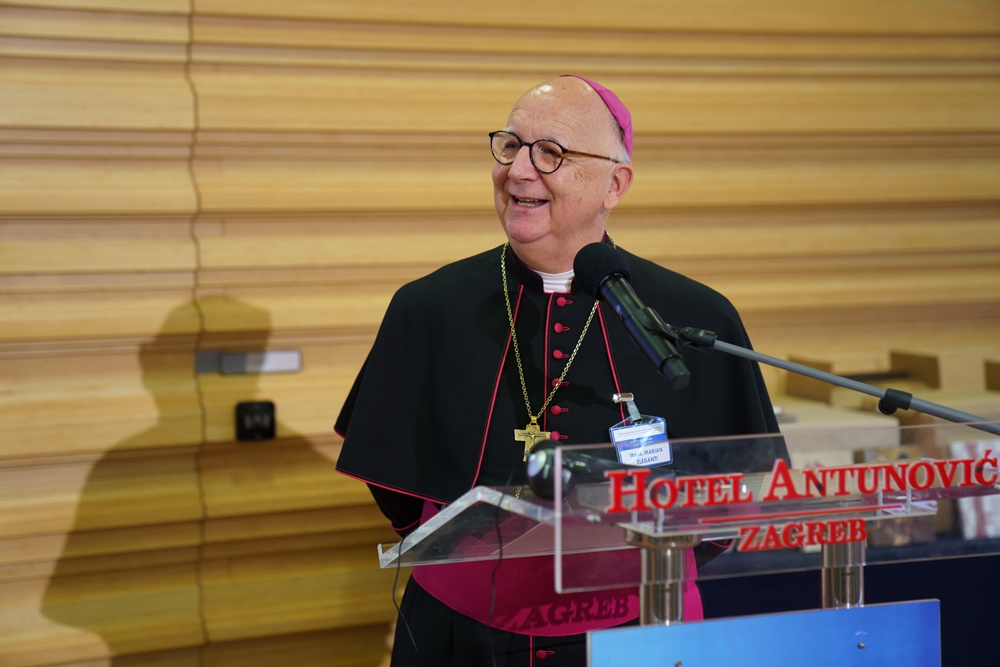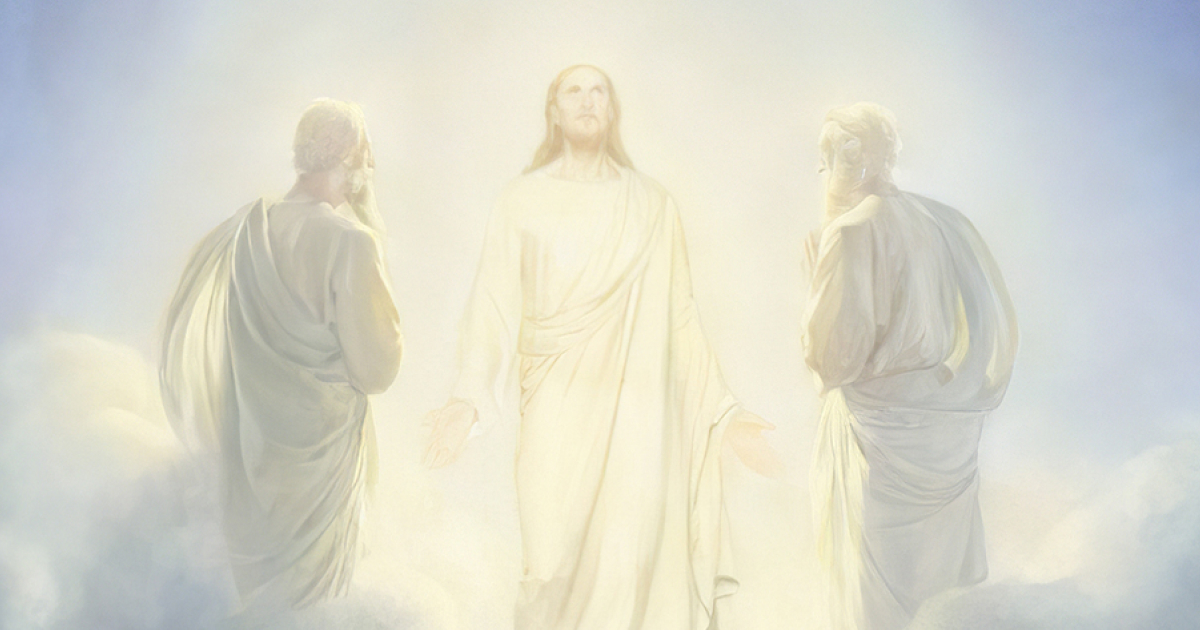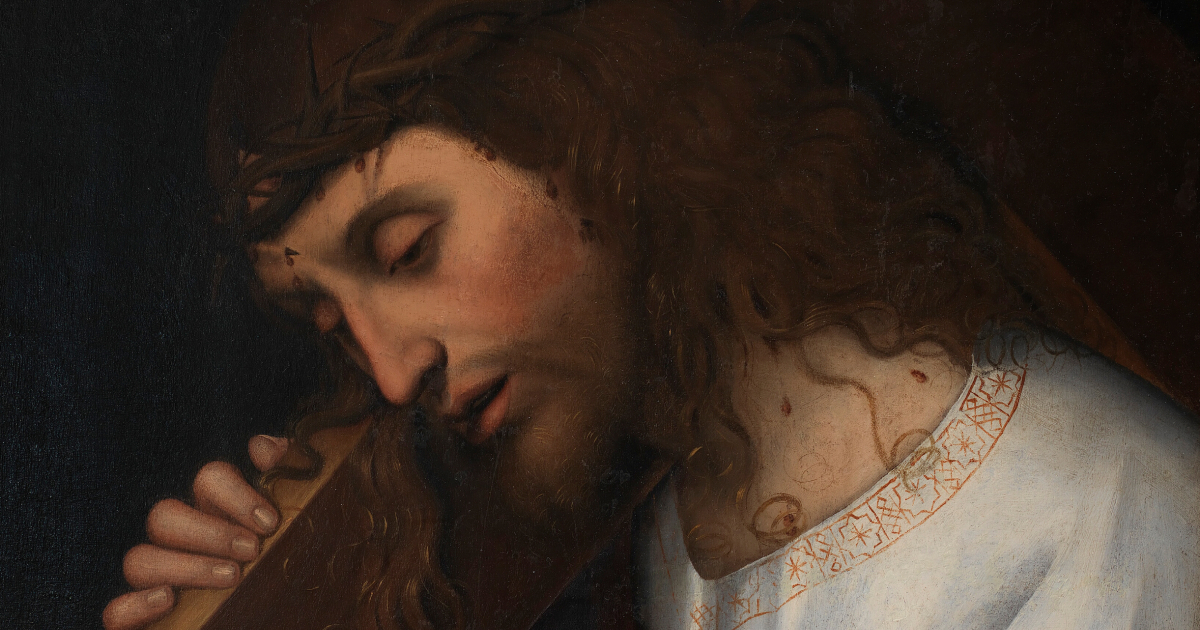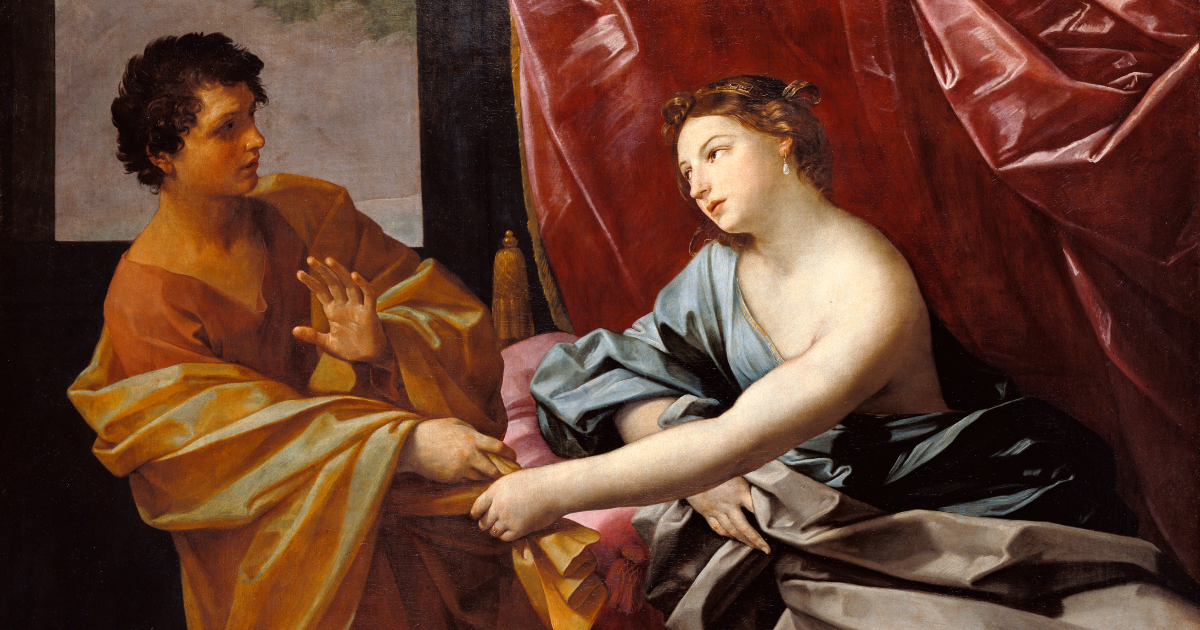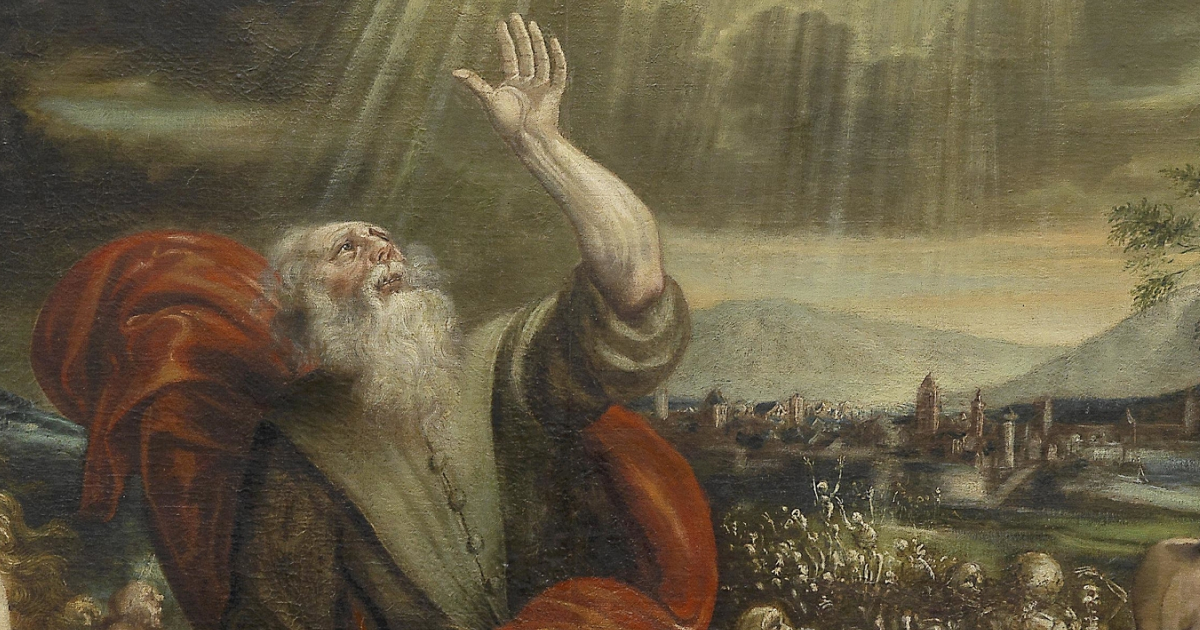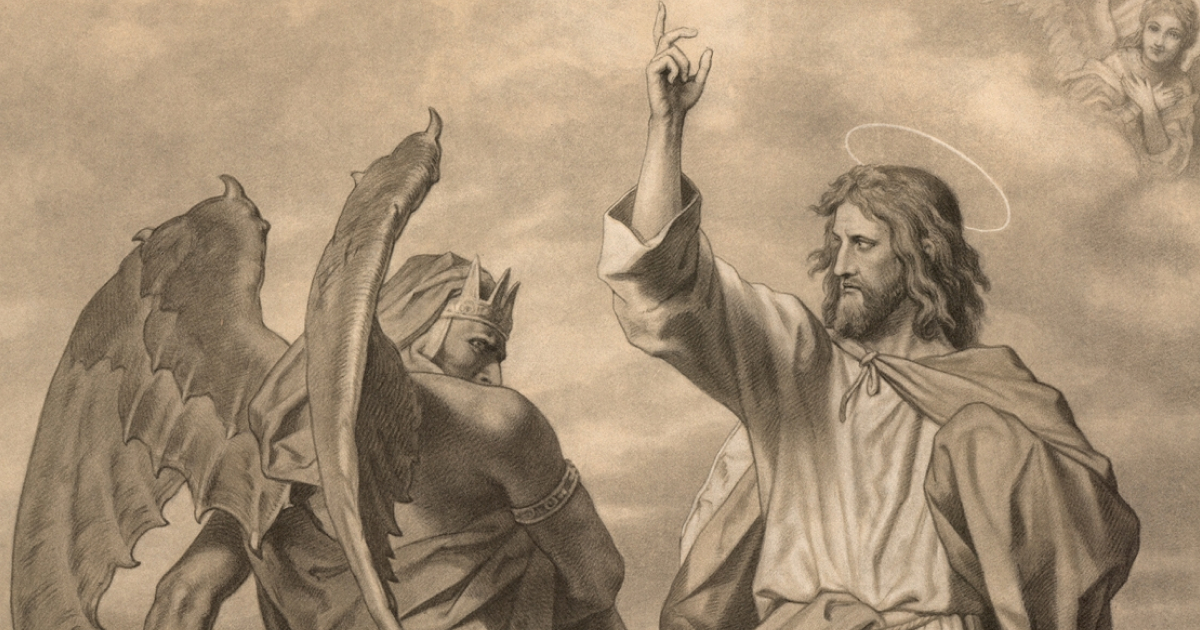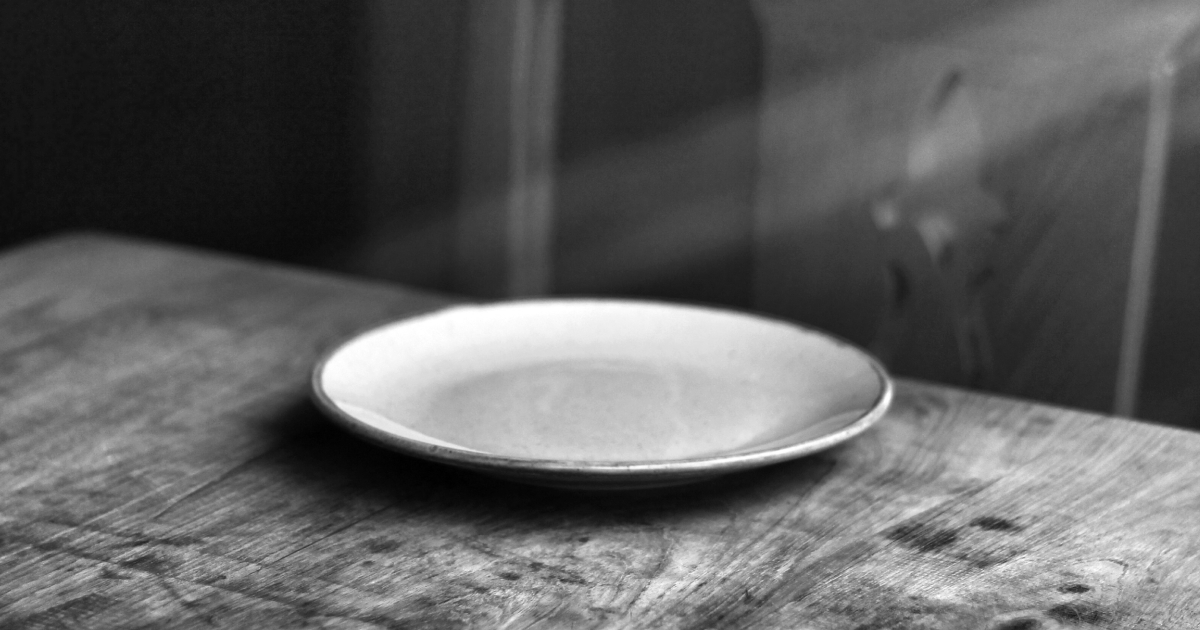A senior Swiss bishop has claimed that the disproportionate presence of men with homosexual tendencies in the priesthood is a key factor in clerical abuse scandals.
Bishop Marian Eleganti made the comments on his personal blog, arguing that unless the issue is confronted openly, efforts to tackle abuse will remain incomplete.
He insisted that silence on the subject is no longer possible, writing that “the ‘elephant in the room’ of the abuse crisis is the widespread homosexuality among the clergy and its significance in the scandal".
Bishop Eleganti did not equate homosexuality with abuse directly, acknowledging that many with same-sex attractions live lives of chastity and virtue, while also highlighting that his article "does not condemn people with homosexual tendencies".
He adds: "The Church has always distinguished between the (inviolable) dignity of every human person and their inclinations, which may be disordered. Disordered sexual tendencies, which exist among heterosexuals as well as homosexuals, are judged by the Church according to the same standards of morality and, depending on the case, are classified as sinful or seen as a weakness to be corrected."
Yet he insisted that statistical patterns, particularly the large number of male victims in cases of clerical misconduct, reveal a recurring correlation hitherto neglected by many Church authorities and secular commentators.
He wrote that while heterosexual people also sin and can abuse, homosexual inclinations need to be addressed distinctly in the context of seminary formation and moral accountability.
Key Church documents must be taken seriously, he says, especially “The Gift of the Priestly Vocation” (Ratio Fundamentalis Institutionis Sacerdotalis), published under Pope Francis in 2016. That text states that candidates for the seminary who have “deep-rooted homosexual tendencies” should not be admitted.
Bishop Eleganti contended that, in practice, the Church is not always adhering to this standard. He also criticised what he described as attempts to normalise same-sex relationships within ecclesiastical culture and to soften traditional moral teaching under pressure from secular norms.
Less contentious, perhaps, but equally pressing, is his call for renewed safeguarding, transparency and fidelity to Church teaching, particularly within seminaries. He maintains that clear expectations of celibacy and sexual morality are essential, not only to protect victims but also to preserve the integrity of the priestly vocation.
Historically, concerns about moral laxity among clergy are not new. Commentators noted after the Second Vatican Council that it had come in the wake of the Church having had recurrent scandals involving sexual misconduct.
In many cases, the profile of perpetrators drew attention to issues of secrecy, power and moral failure. The late-20th-century reforms attempted greater oversight; more recently, the abuse crisis from the 1990s onwards, led to national audits, canonical trials and sweeping safeguarding measures.
Bishop Marian Eleganti, 68, is a Benedictine monk and former auxiliary bishop of Chur in Switzerland. Before becoming a bishop, he served as Abbot of the Benedictine Abbey of St Otmarsberg and later as rector of the seminary of Lugano. He resigned as auxiliary bishop in 2021.
Bishop Marian Eleganti recently took part in the Catholic Identity Conference held in Pennsylvania in the US, where he joined three other bishops in leading an Act of Reparation due to the “LGBT pilgrimage” in Rome and the Vatican.
Next month, Bishop Eleganti will visit England at the invitation of the Latin Mass Society. His itinerary includes several traditional liturgies across the country. He will celebrate the Pontifical High Mass of All Saints at Holy Child, Bedford; a Pontifical High Mass at SS Peter and Paul, New Brighton; a Pontifical Low Mass at SS Gregory and Augustine, Oxford; and the Annual Requiem Mass at Blackfriars Priory, Oxford.
Closing his blog post, the bishop writes: "We are therefore still waiting in vain for mention of a major problem in the Church: the disproportionate frequency of homosexuality in the clergy with all its negative consequence."
Photo: Bishop Marian Eleganti (credit: Marian Eleganti)





